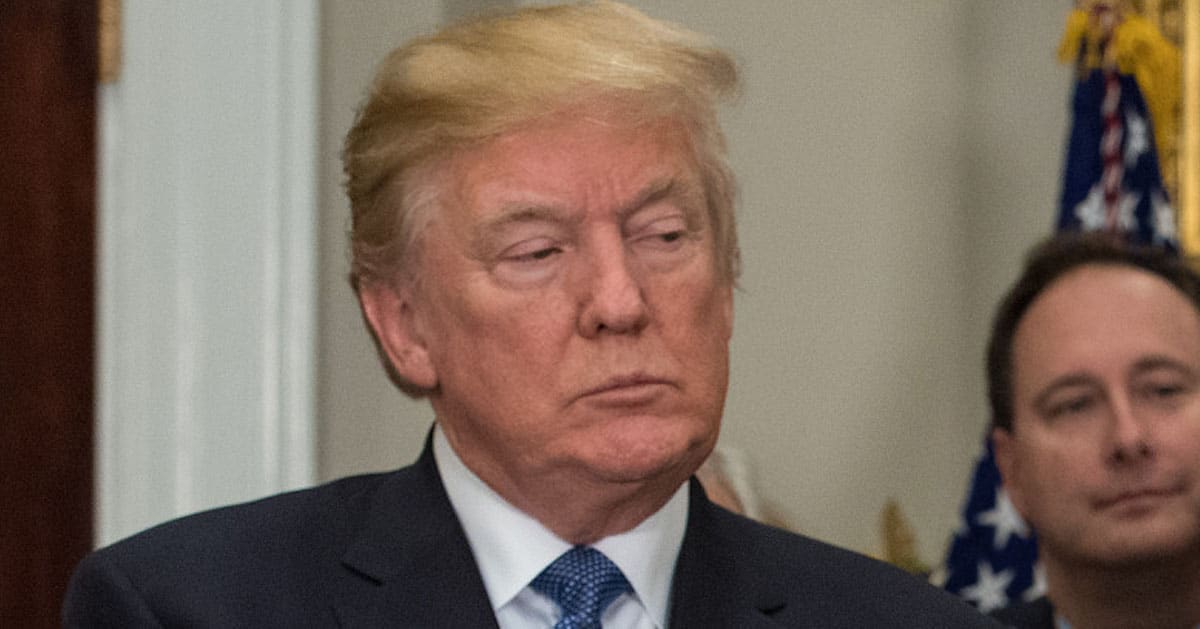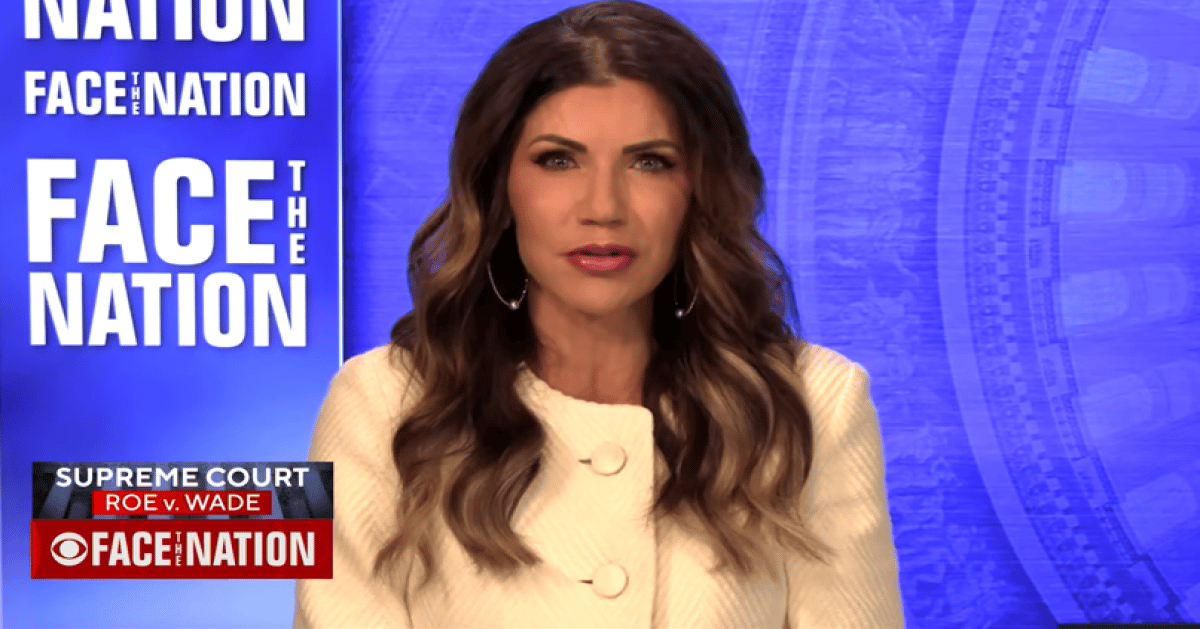





Is free speech under siege, or are we just witnessing the latest overreach of progressive alarmism? On a recent broadcast, former Secretary of State Hillary Clinton sounded the alarm over comedian Jimmy Kimmel’s suspension, framing it as a chilling echo of authoritarian control.
Breitbart reported that Clinton’s comments came during her appearance on MSNBC’s “Morning Joe” on Wednesday, where she addressed the broader implications of Kimmel’s suspension alongside mounting concerns over silencing dissenting voices.
Before her interview, Kimmel made his emotional return to the airwaves on Tuesday. His comeback monologue was reportedly heartfelt, balancing a defense of free expression with a desire not to offend.
Of course, this all ignores the fact that Kimmel downplayed a political assassination of a beloved figure, and Americans need more than a verbal apology to forgive Kimmel, who has attacked conservatives for years.
During the MSNBC discussion, co-host Willie Geist steered the conversation toward the larger issue of free speech, pointing to statements from high-ranking officials about targeting political adversaries and muzzling opposition.
It’s a fair question: when does accountability cross into censorship? For conservatives, this hits home—too often, it’s our voices that get throttled under the guise of “protecting the public.”
Clinton didn’t hold back, calling the situation “very dangerous.” She painted a grim picture, suggesting these actions mirror tactics straight out of an authoritarian handbook. While her rhetoric might feel overblown to some on the right, the underlying fear of government overreach isn’t entirely baseless.
Let’s be real, though—Clinton’s framing as the defender of free speech might raise eyebrows among conservatives who’ve watched her champion policies that often seem to prioritize political correctness over open dialogue. If this is authoritarianism, where was her outrage when conservative voices were deplatformed? The selective concern feels like a convenient narrative.
Kimmel’s return to his show was, by Clinton’s account, a raw moment. She noted how he grappled with feeling misunderstood while staunchly defending his right to speak freely. It’s a sentiment that resonates—nobody wants to be the bad guy, but in today’s climate, saying anything risks a witch hunt.
Clinton’s take on Kimmel’s monologue was telling: “I thought... Jimmy Kimmel did an excellent job last night.” Her praise for his emotional honesty is fine, but let’s not pretend this is just about one comedian’s feelings—it’s about whether the government gets to decide who speaks and who doesn’t.
Geist’s question to Clinton cut to the chase, asking how perilous she views this moment for free expression, especially given remarks from top officials about silencing opponents.
It’s a loaded issue, and for those of us skeptical of centralized power, the idea of bureaucrats playing speech police is a non-starter. The MAGA crowd has long warned about this slippery slope, and here we are.
Clinton’s warning that this is “right out of the authoritarian playbook” is a punchy soundbite, but does it hold up? For conservatives, government overreach is always a red flag, but let’s not ignore that both sides have wielded power to quiet dissent when it suits them. True defenders of liberty don’t pick and choose based on who’s in the crosshairs.
The broader context Geist raised—comments from figures like the Attorney General and the FCC head about targeting political enemies—should alarm anyone who values the First Amendment.
If these officials are indeed pushing to silence opposition, it’s a direct threat to the robust debate that defines America. We can’t let “safety” or “order” become excuses for control.
Yet, there’s a flip side worth considering: are we inflating a comedian’s suspension into a constitutional crisis? Kimmel’s back on air, after all, and still speaking his mind. While the principle matters, conservatives might argue we should save our outrage for clearer abuses of power, not every cultural skirmish.
Kimmel’s emotional plea not to hurt feelings while defending free speech strikes a chord in a polarized age. Conservatives often face the same dilemma—how to critique progressive overreach without being branded as heartless. It’s a cultural minefield, and Kimmel’s struggle is a microcosm of that fight.
Clinton’s spotlight on this issue, while perhaps opportunistic, does force a necessary conversation about where we draw the line.
If the government can suspend a comedian today, what stops them from coming for journalists, commentators, or everyday citizens tomorrow? For those aligned with MAGA values, this is precisely why limited government isn’t just a slogan—it’s a safeguard.



